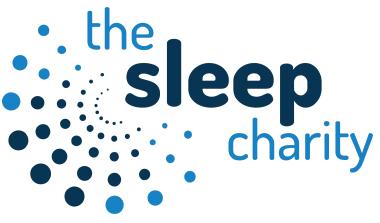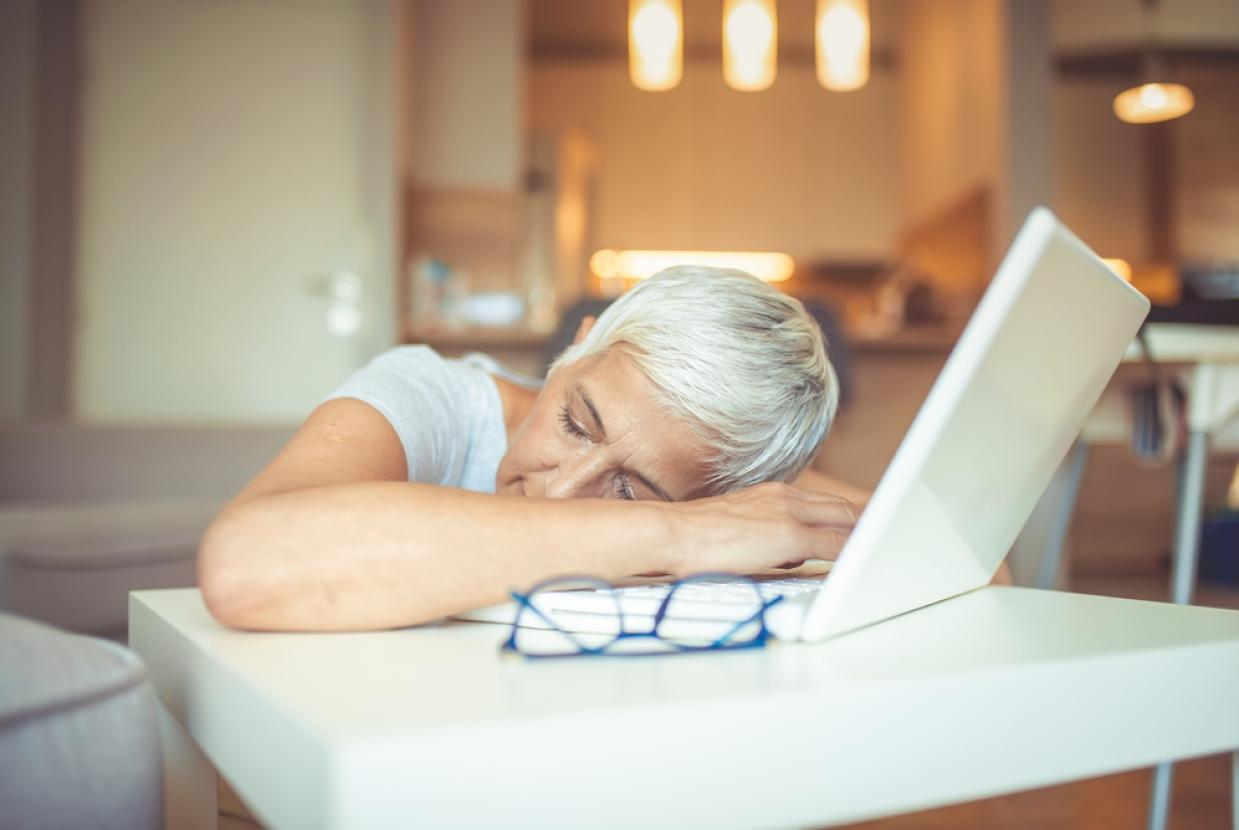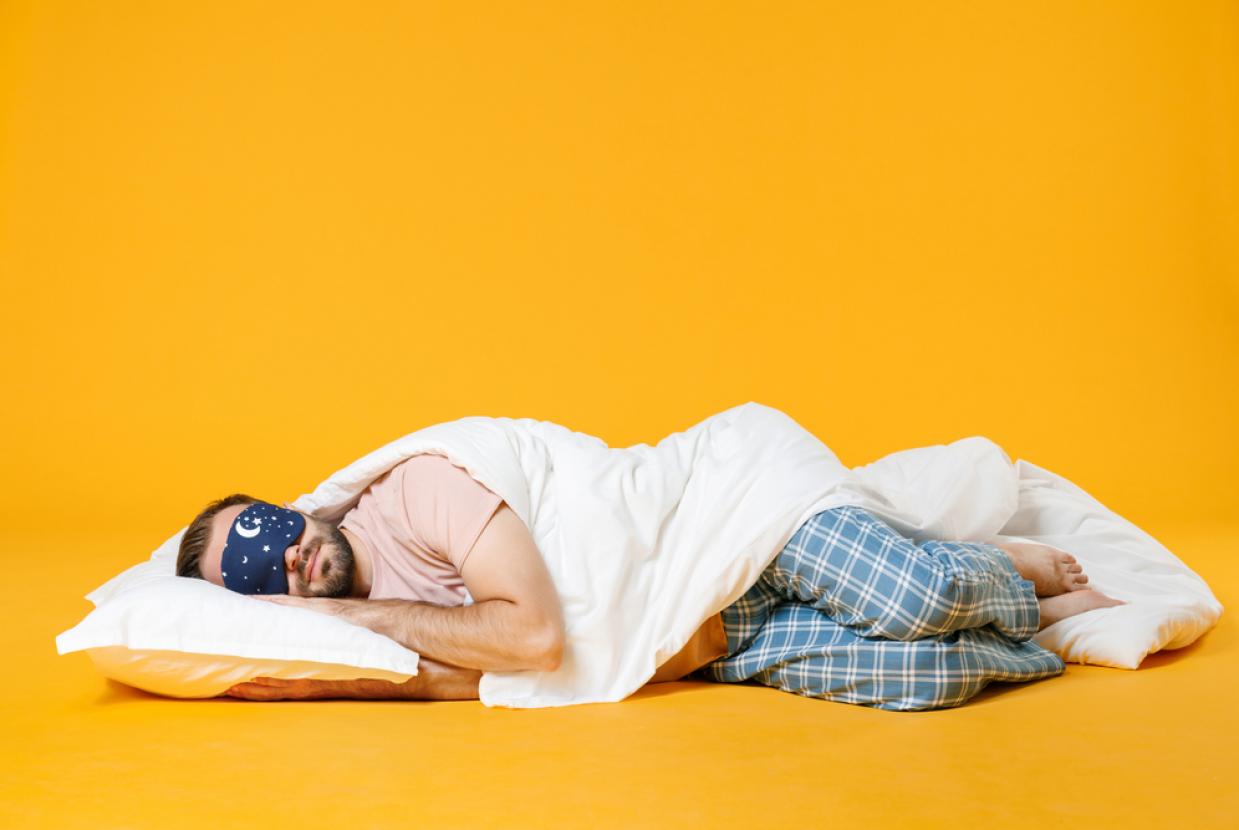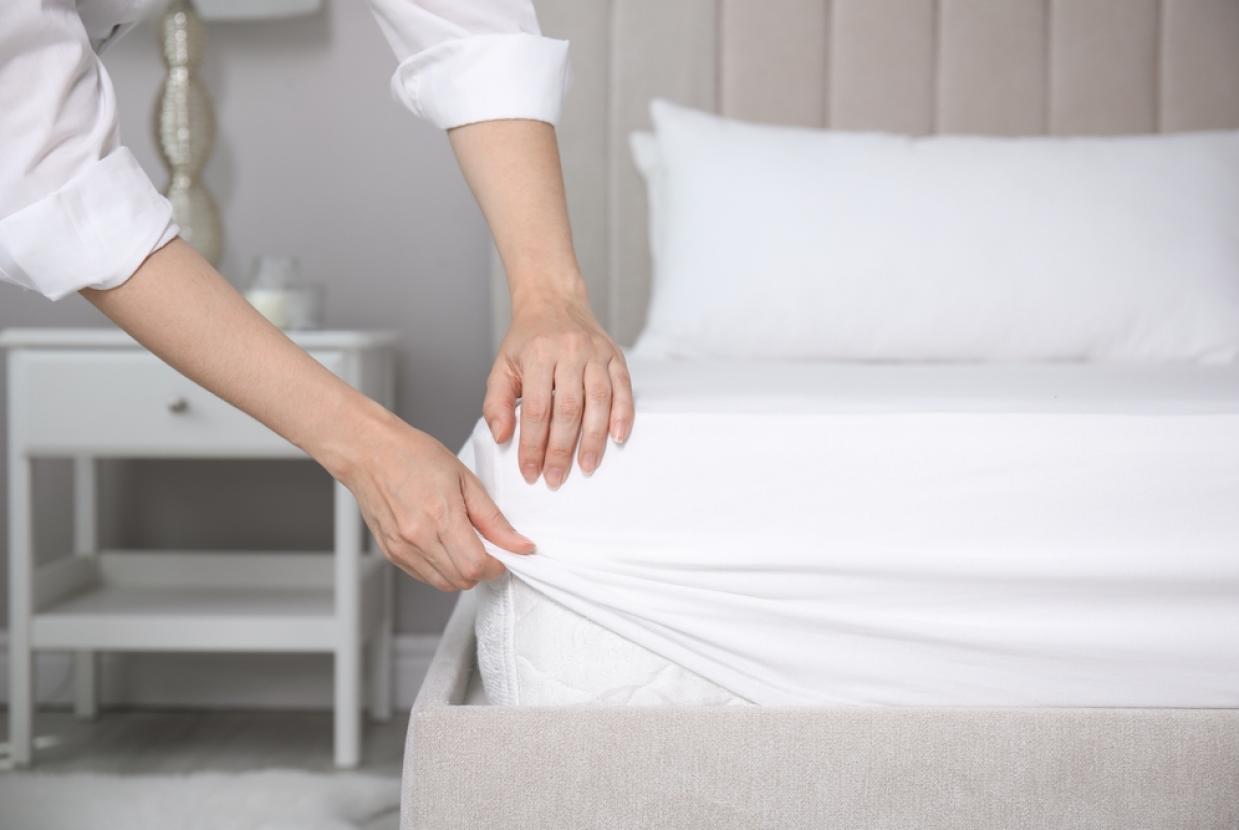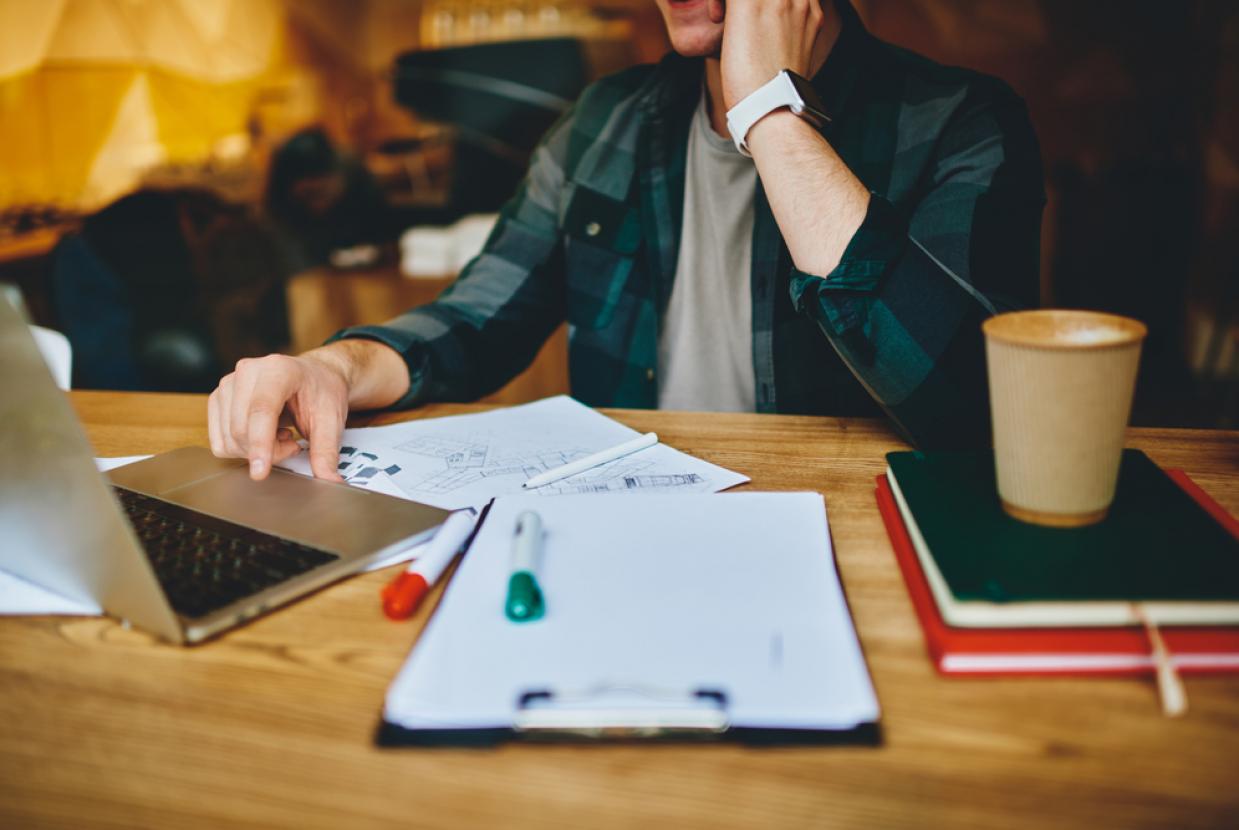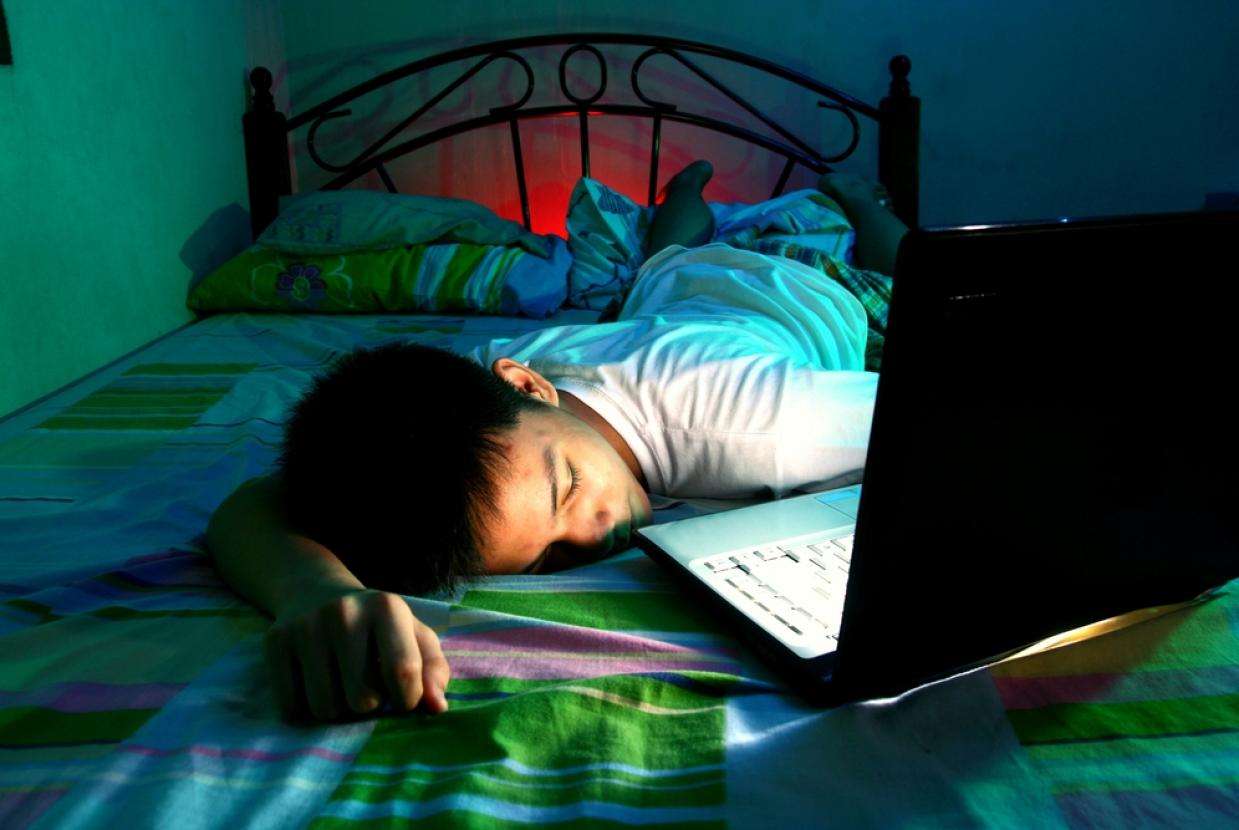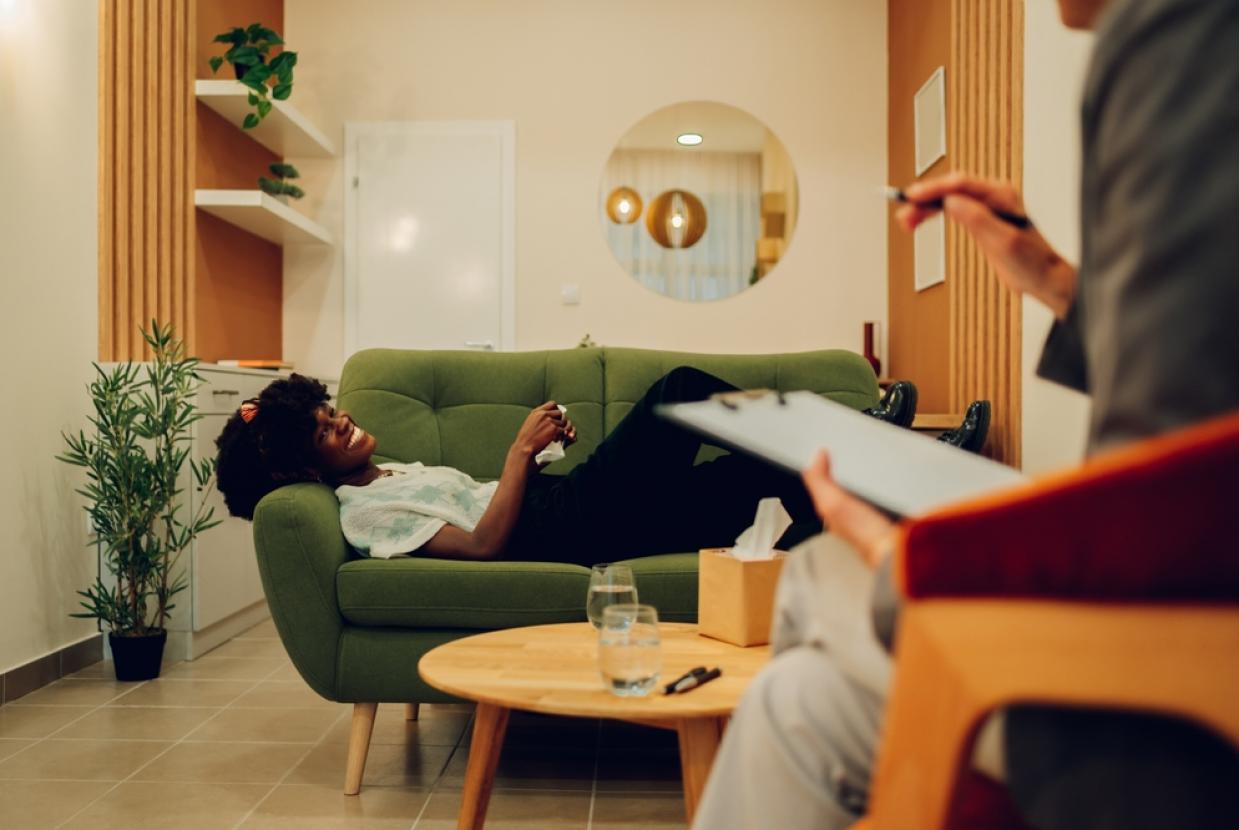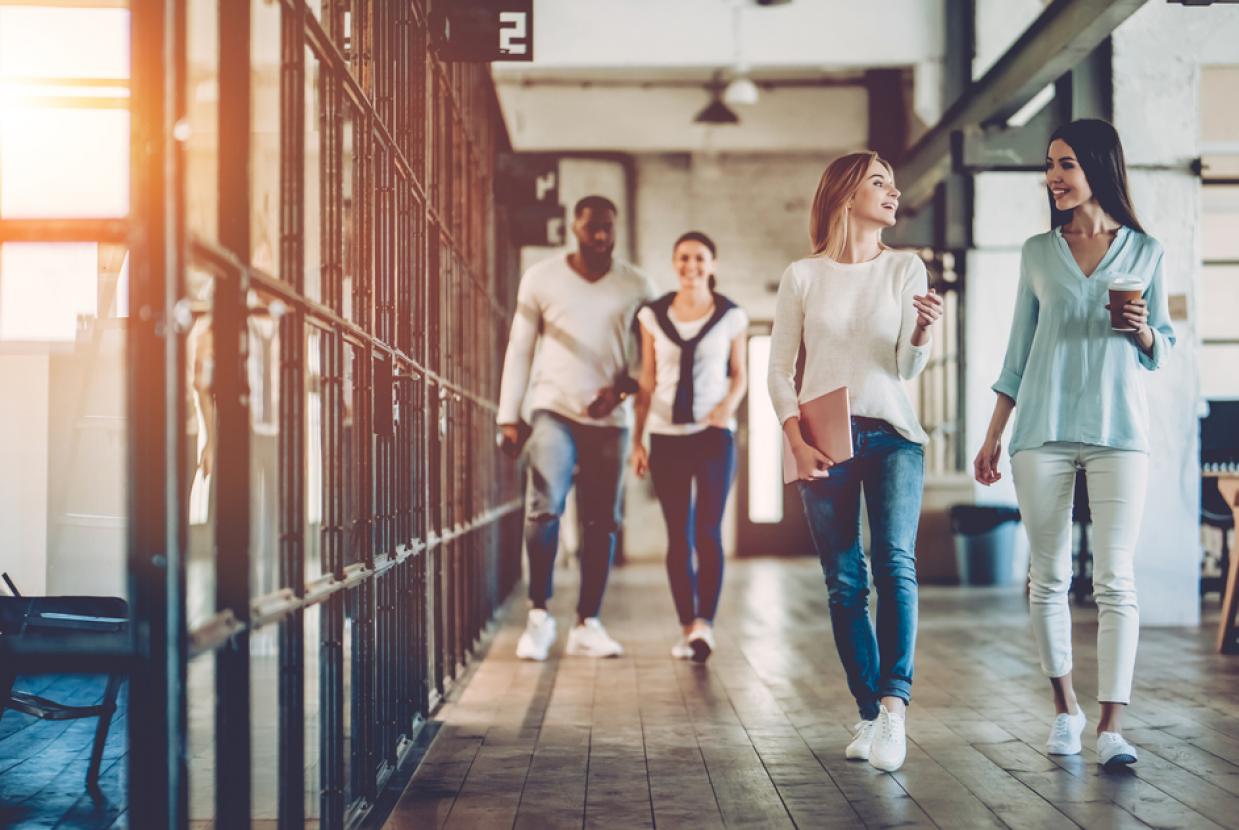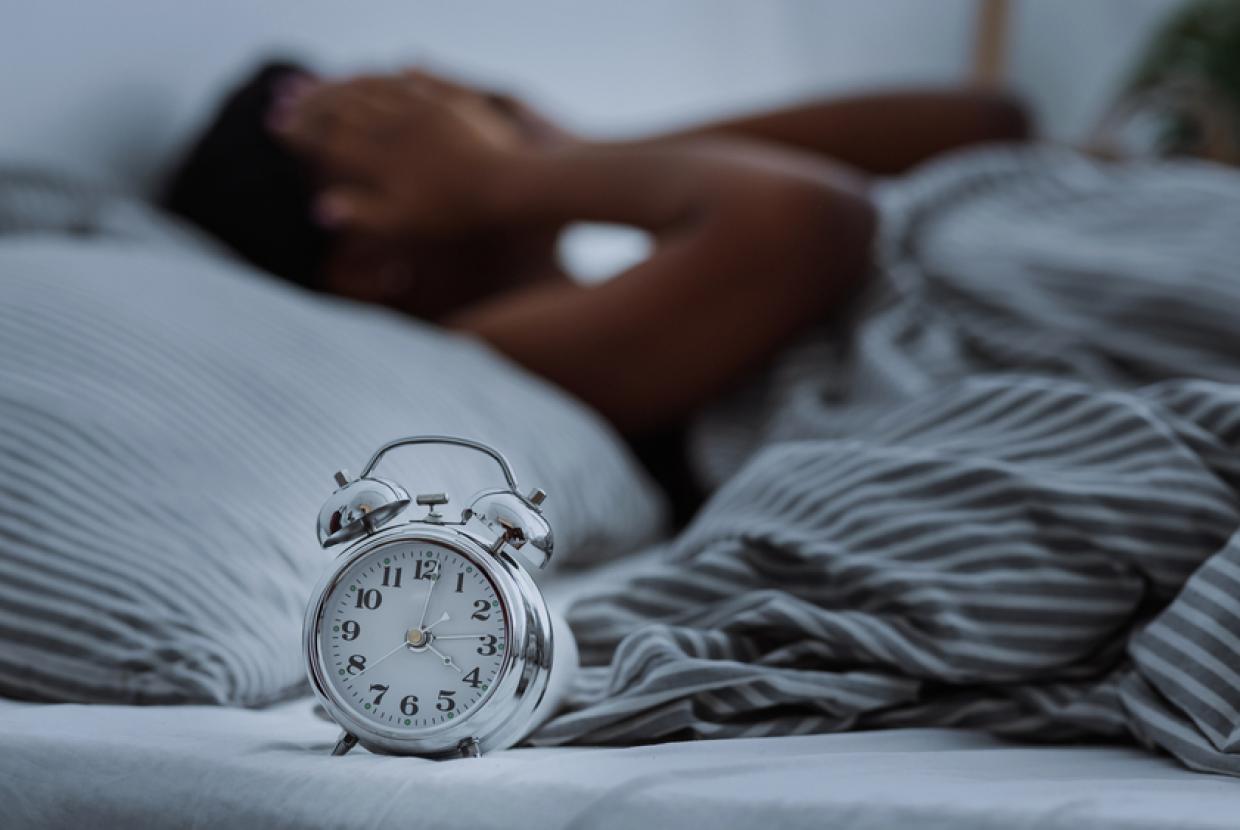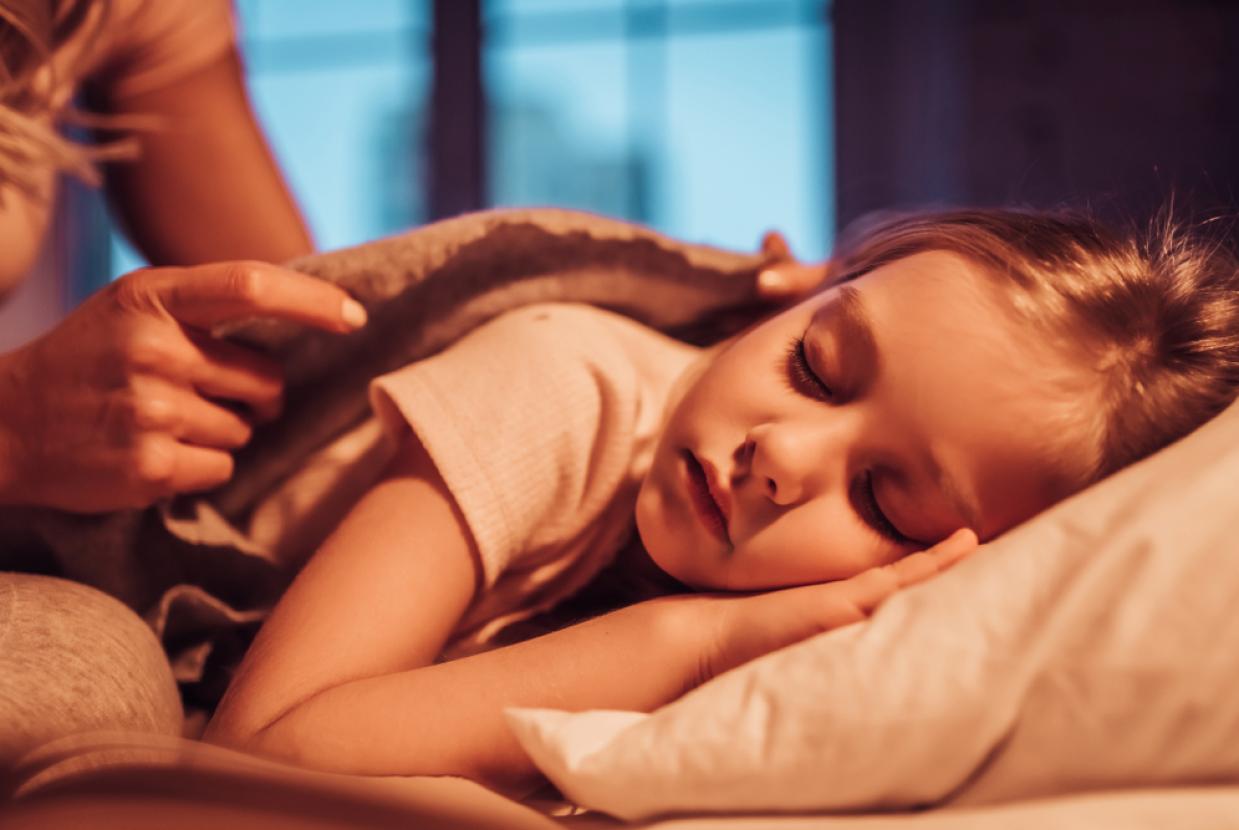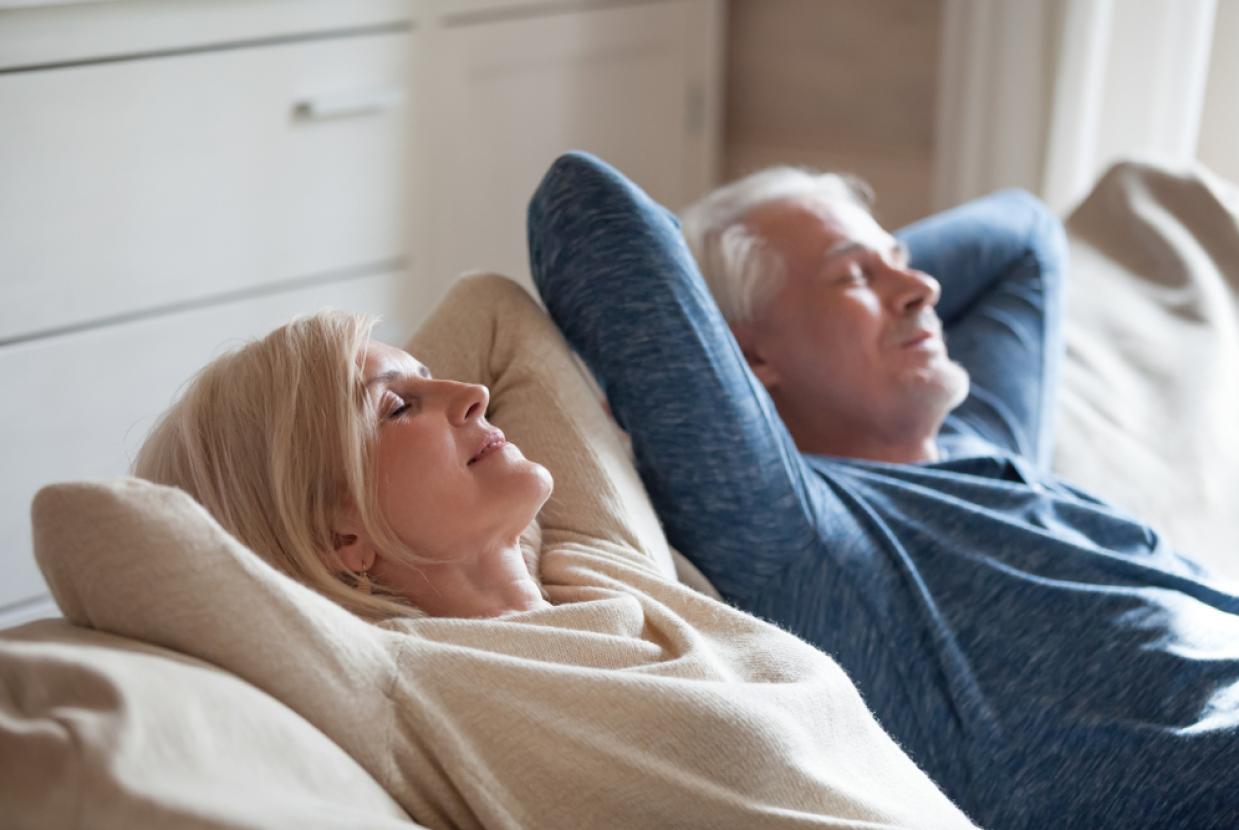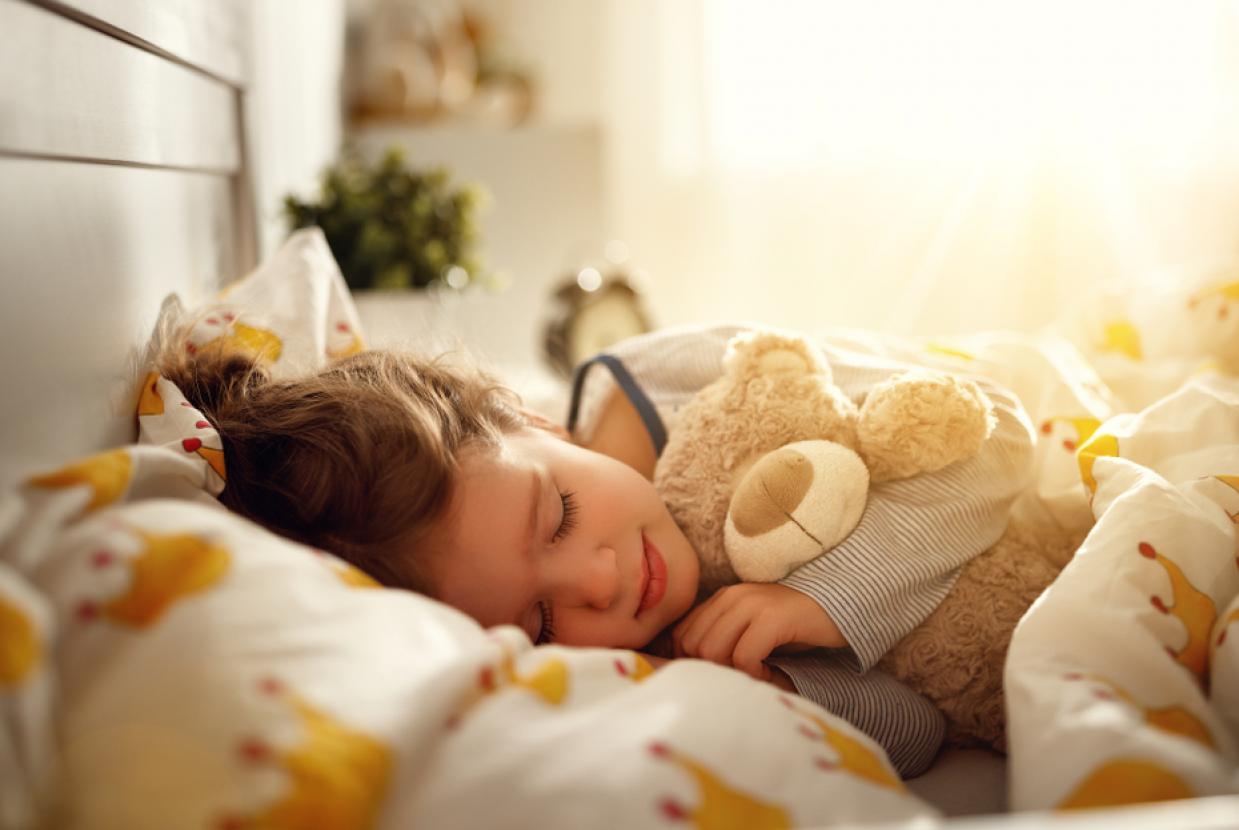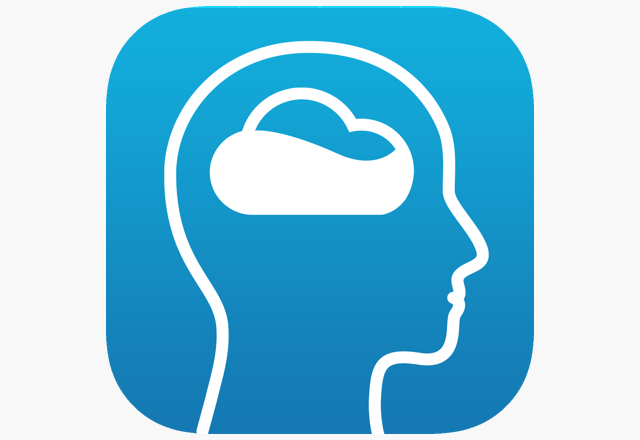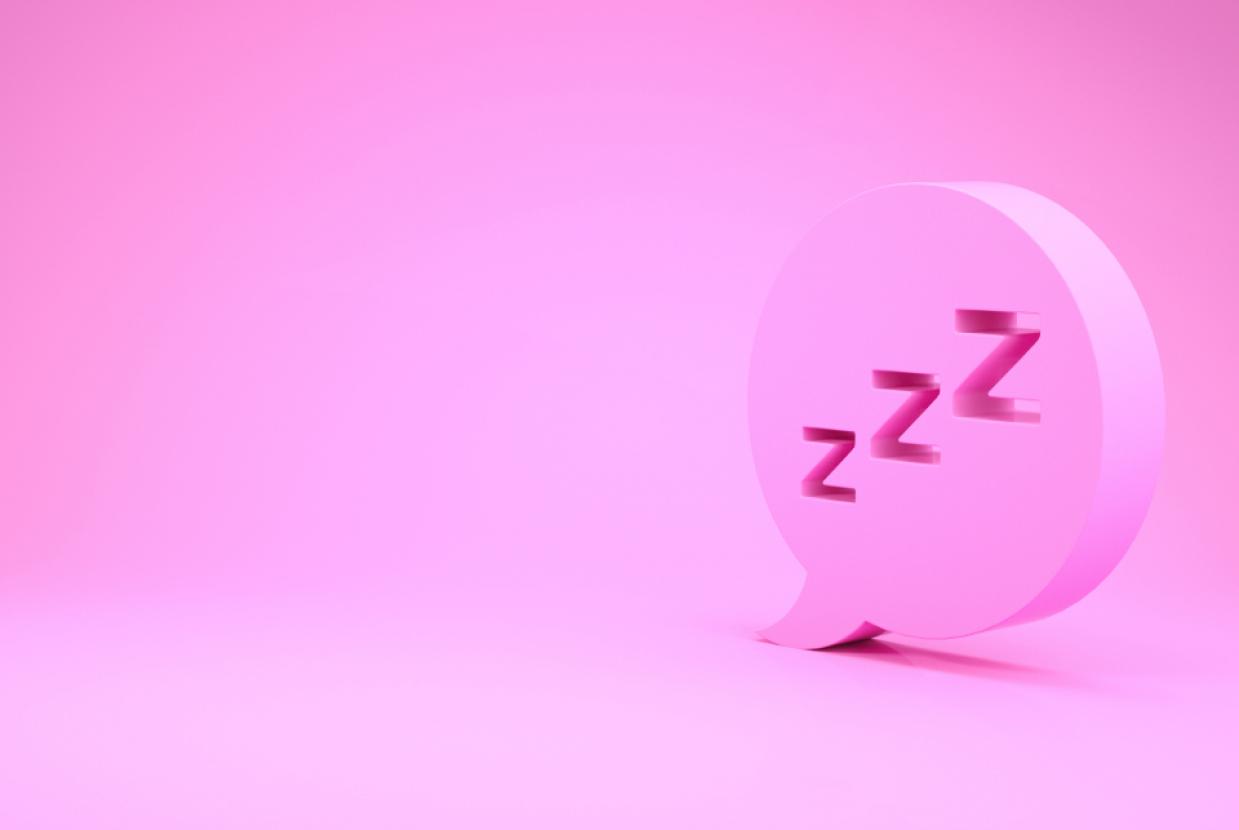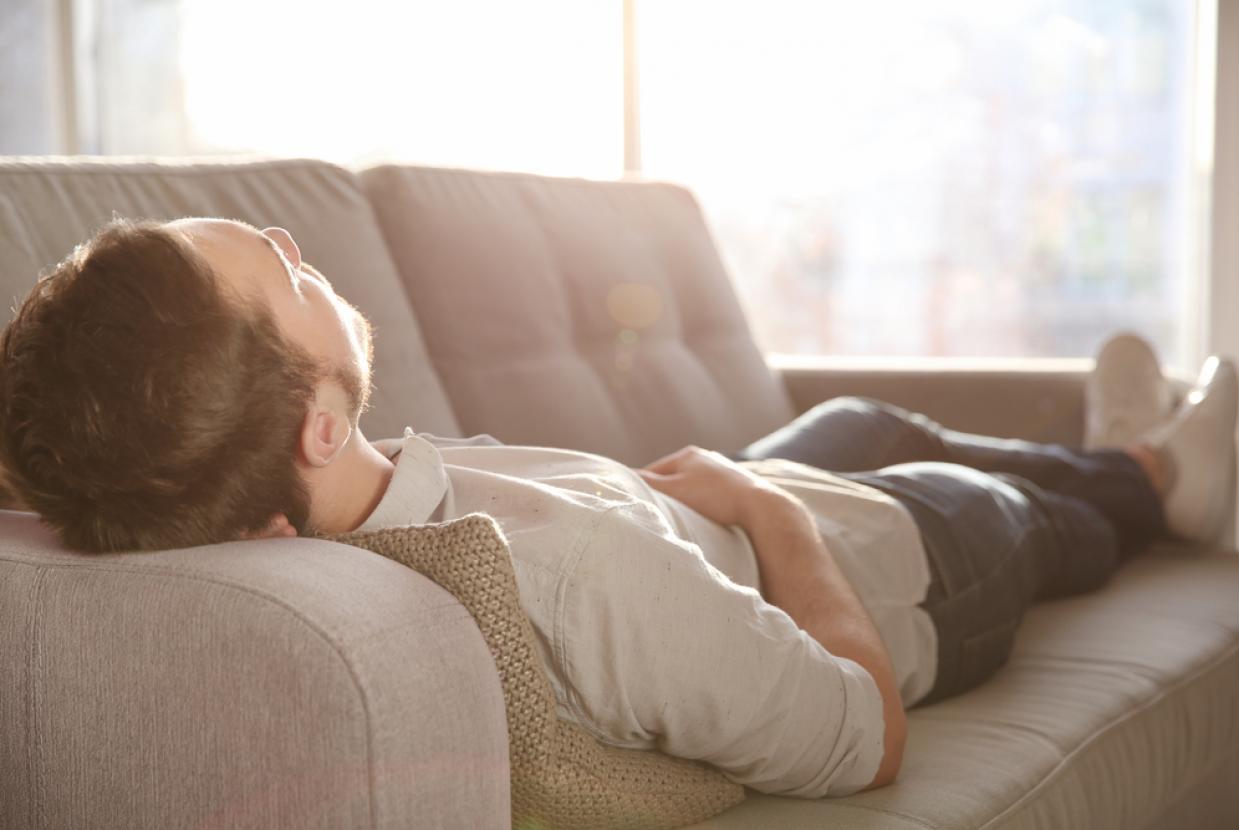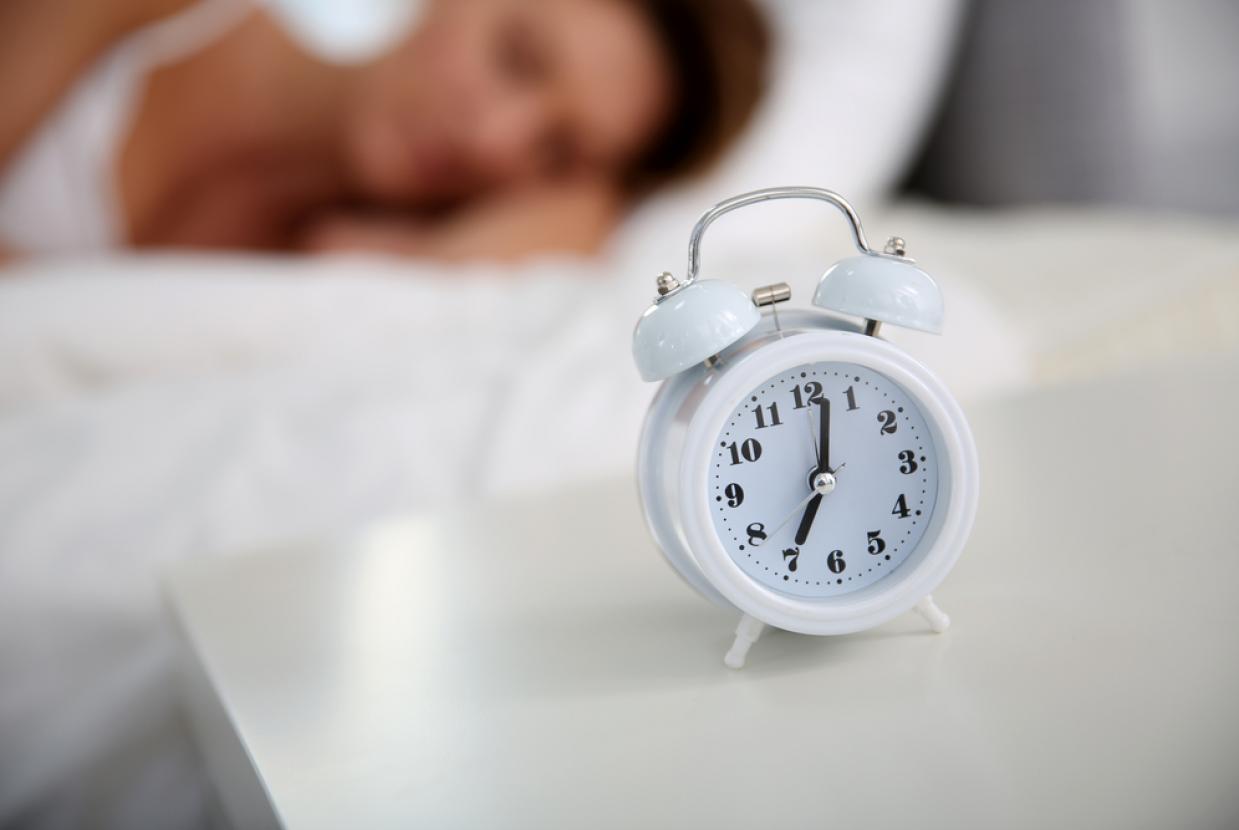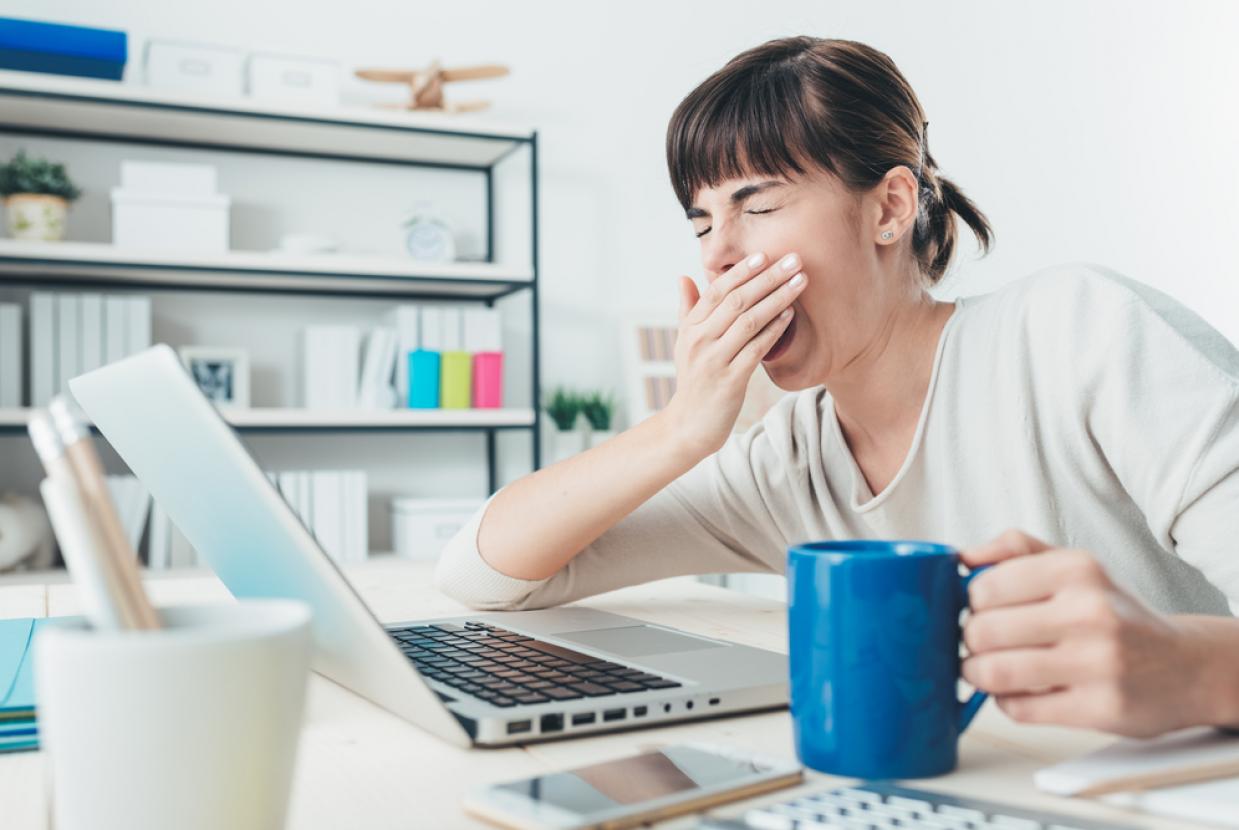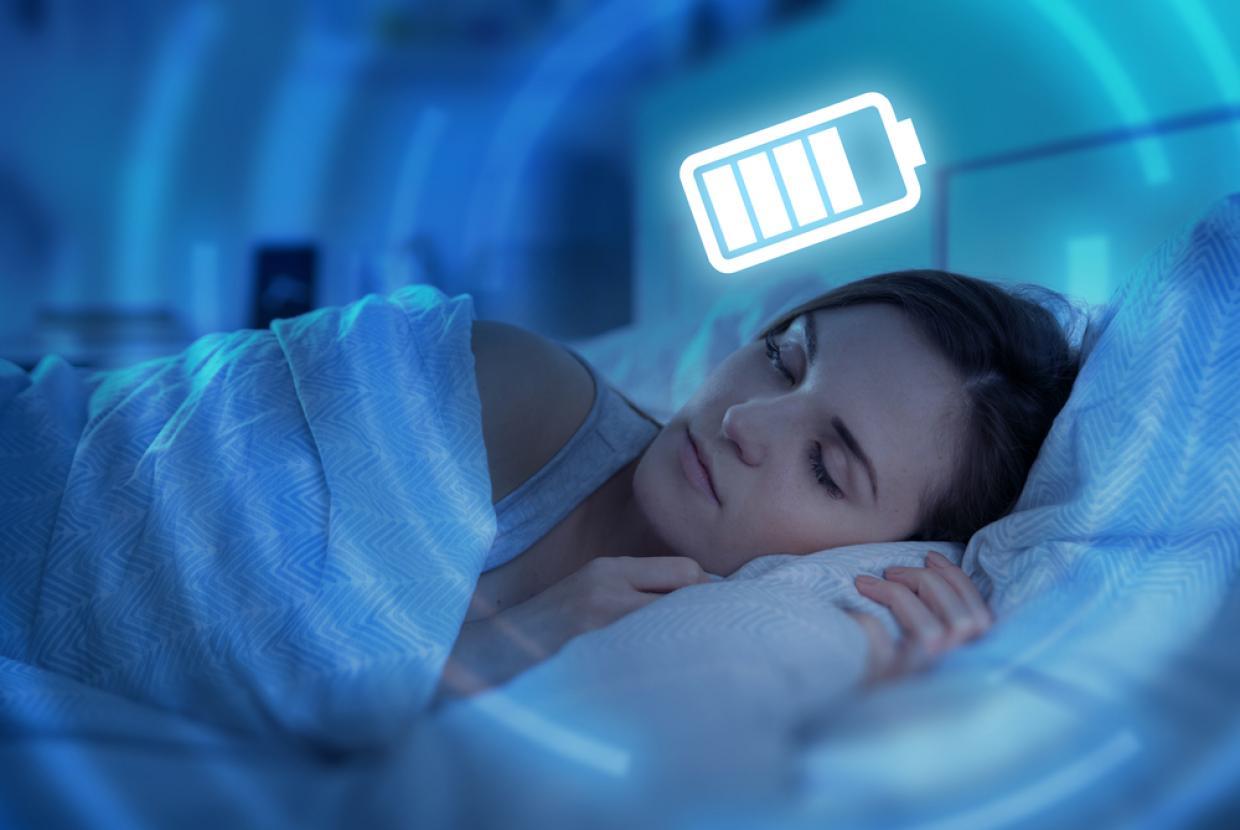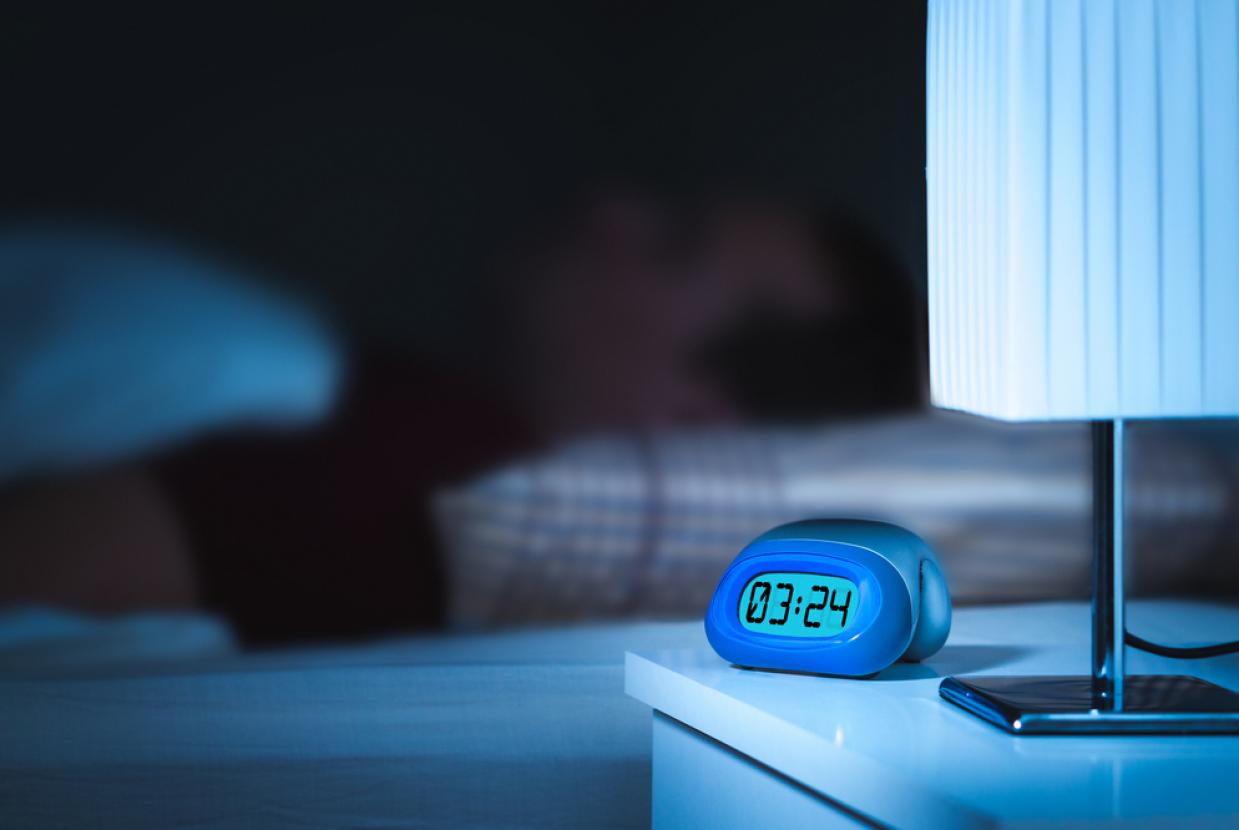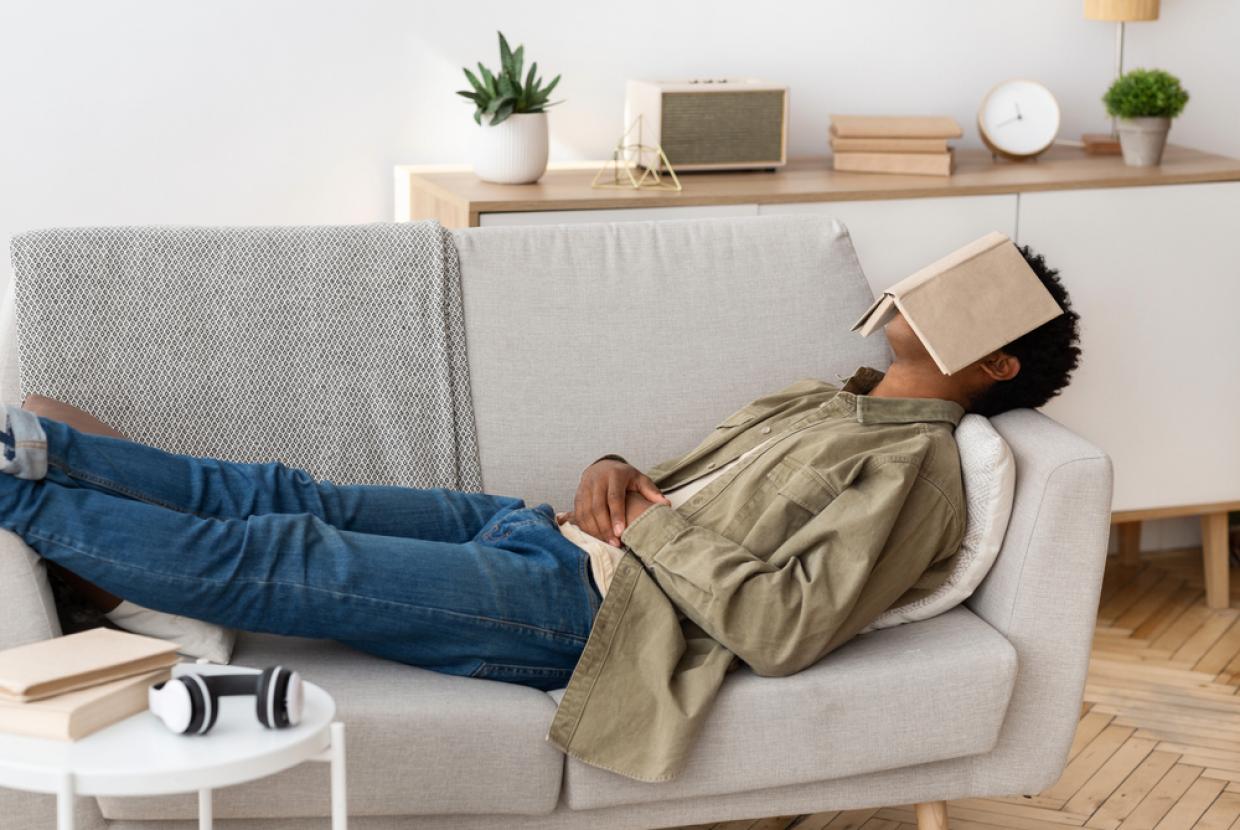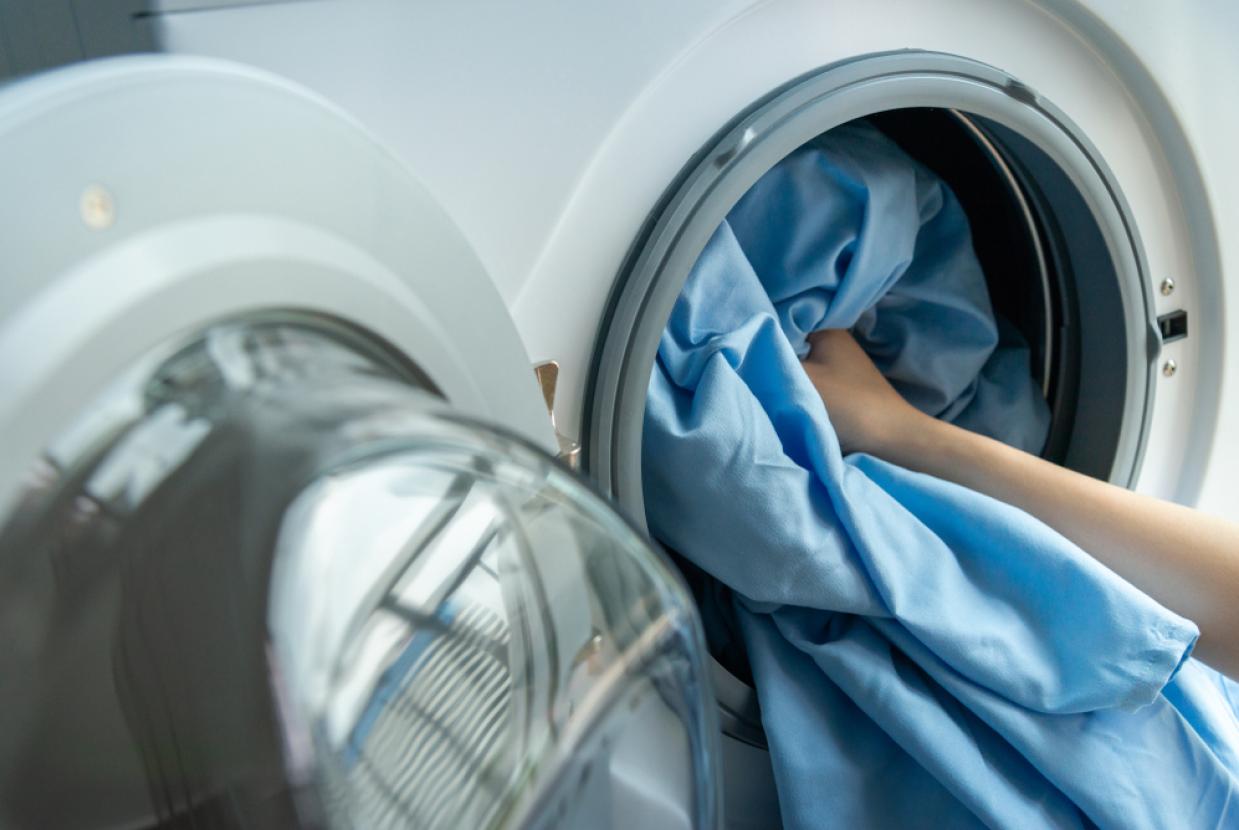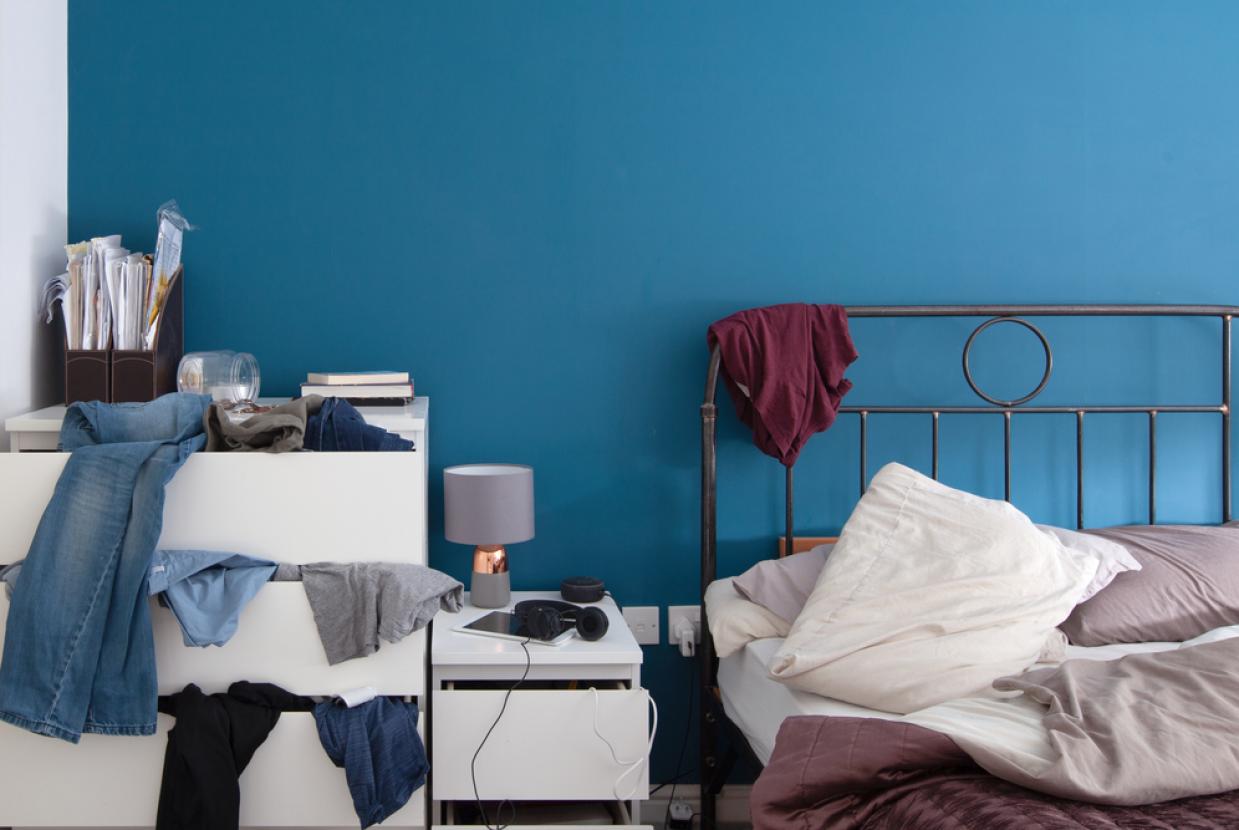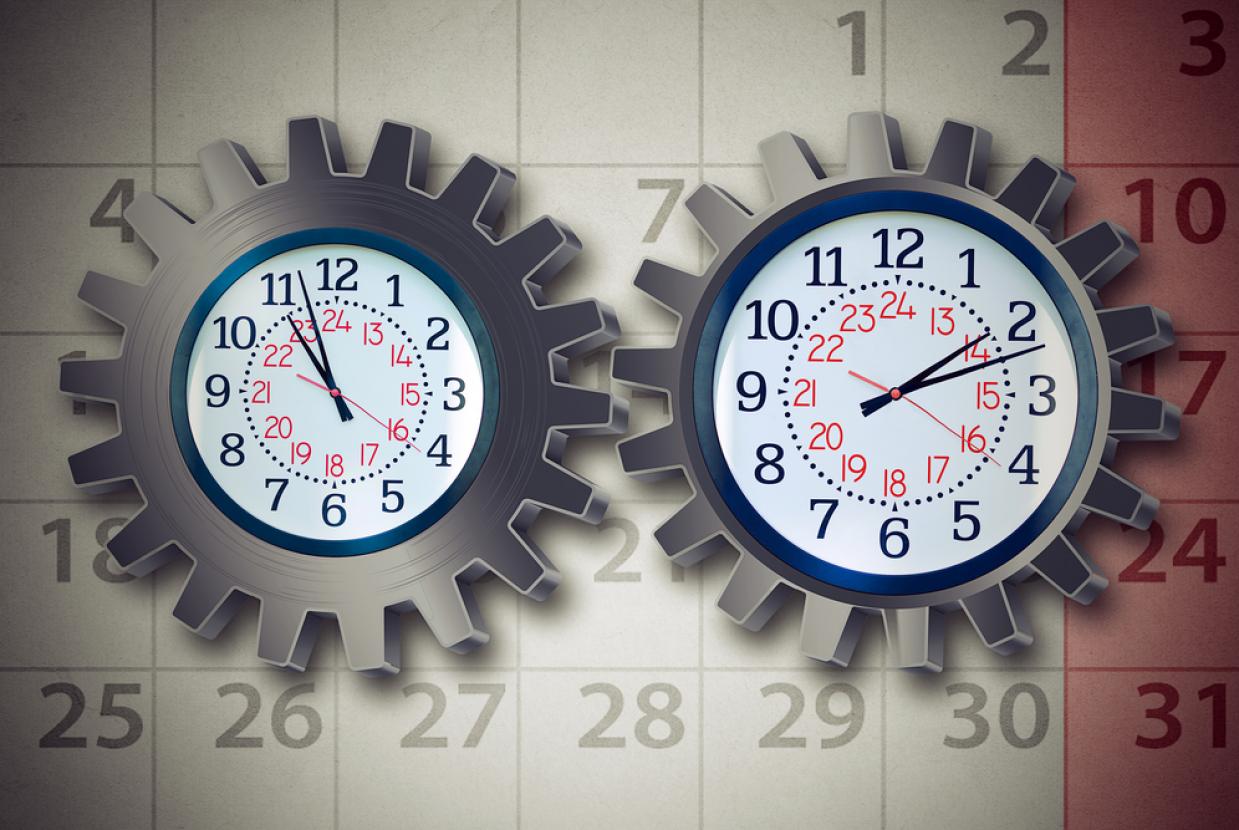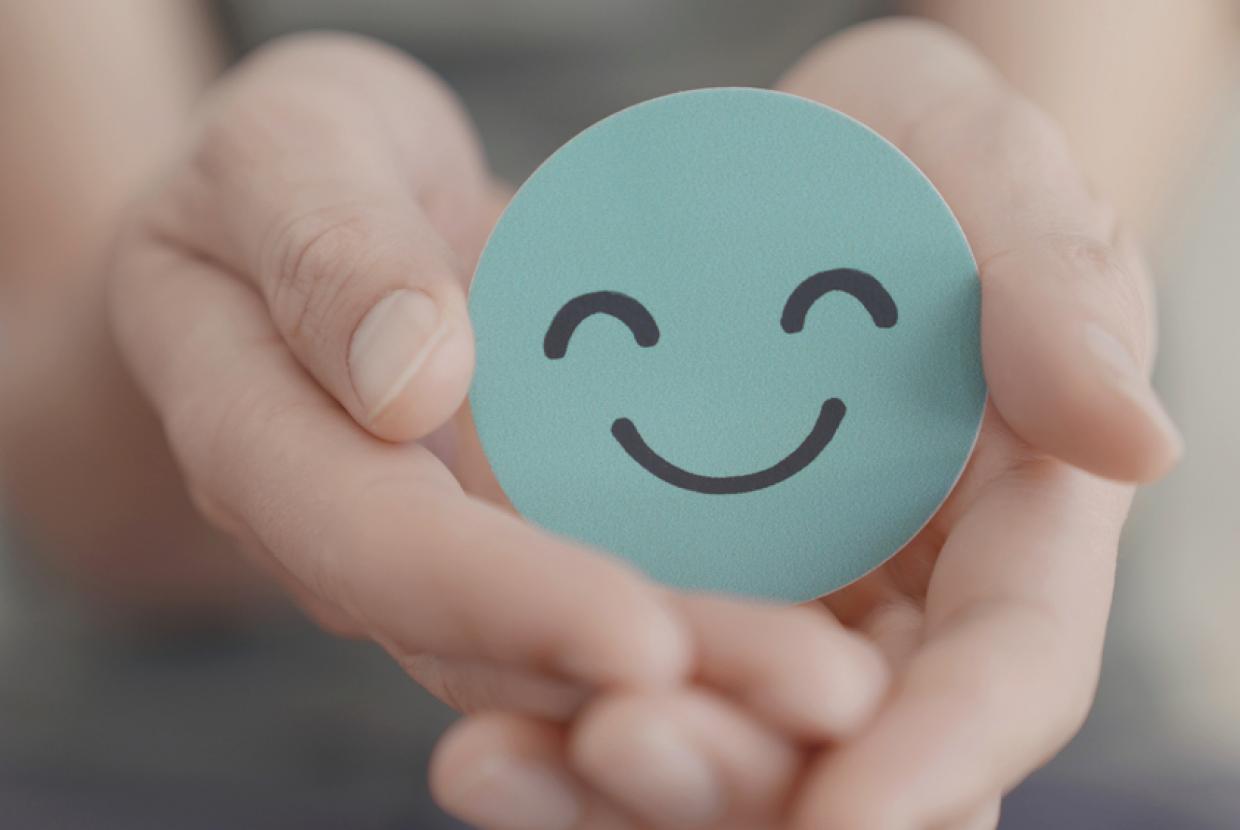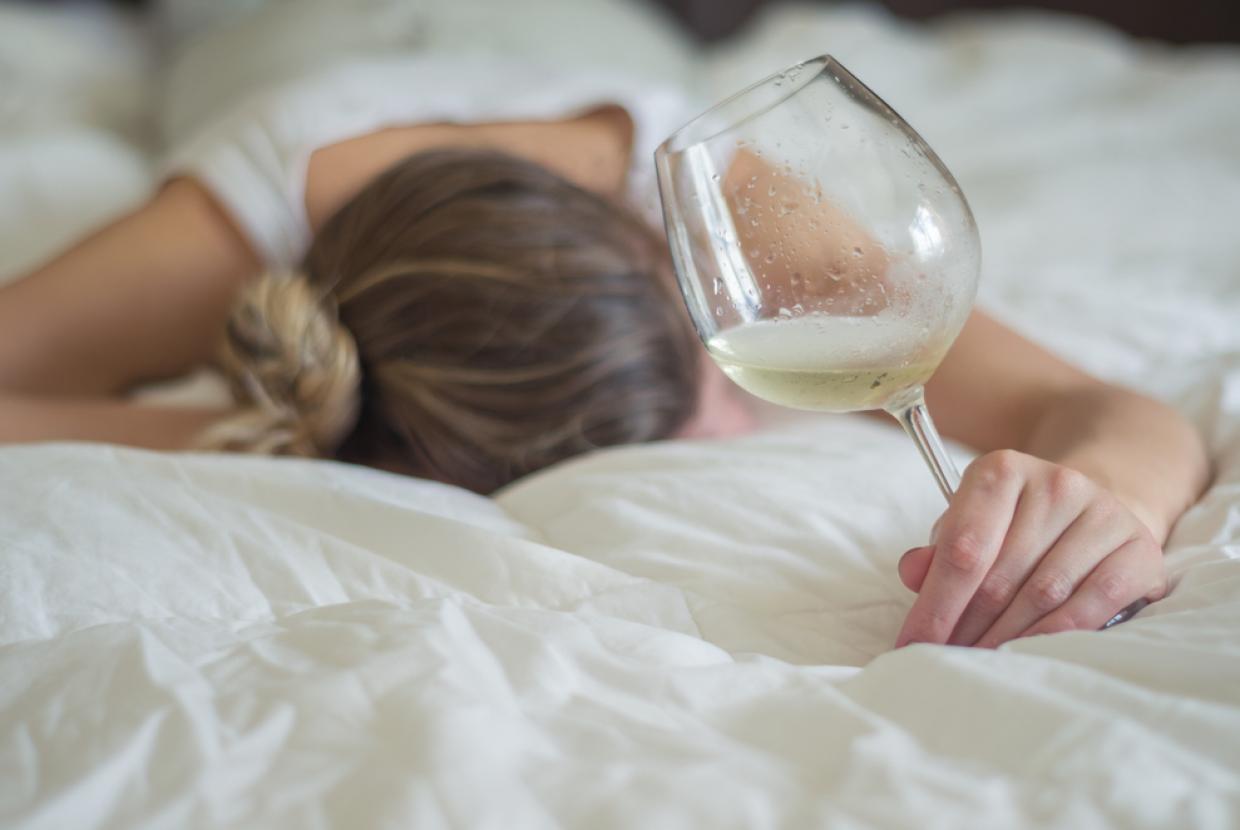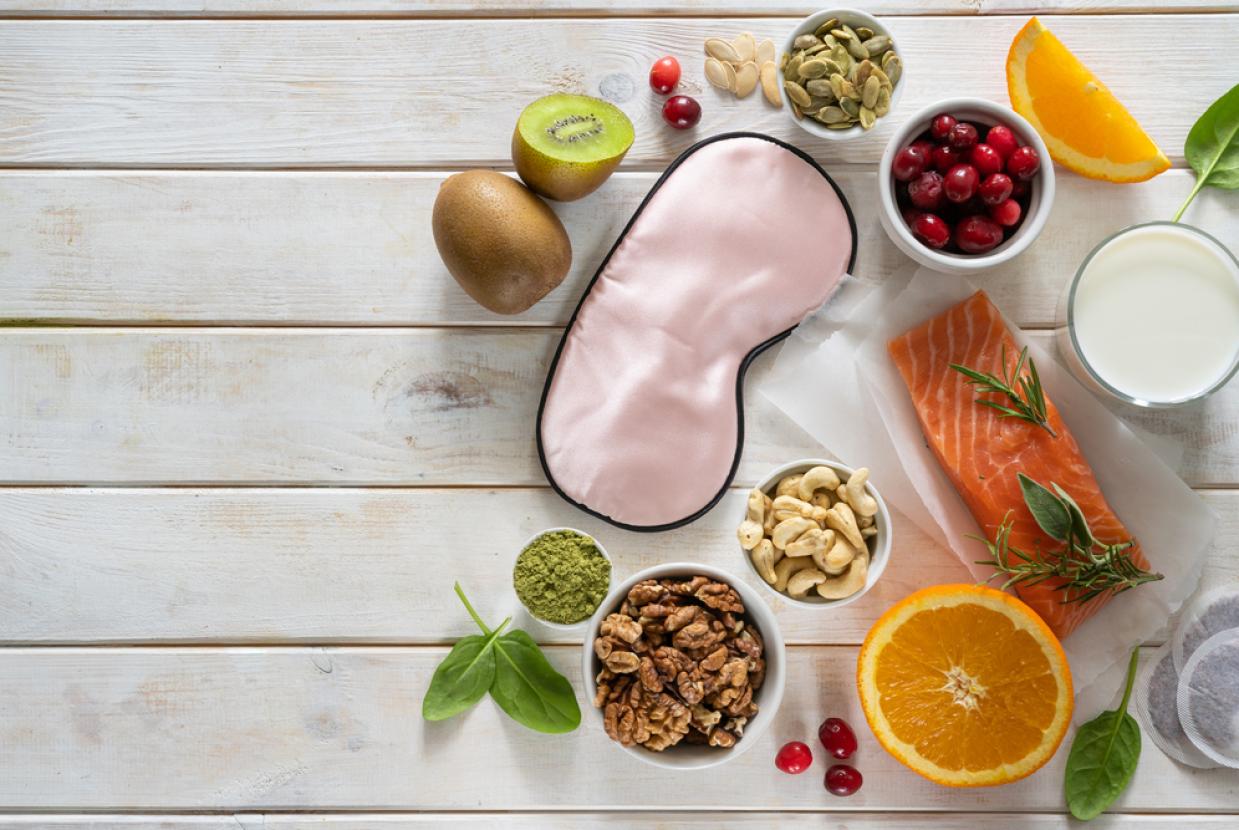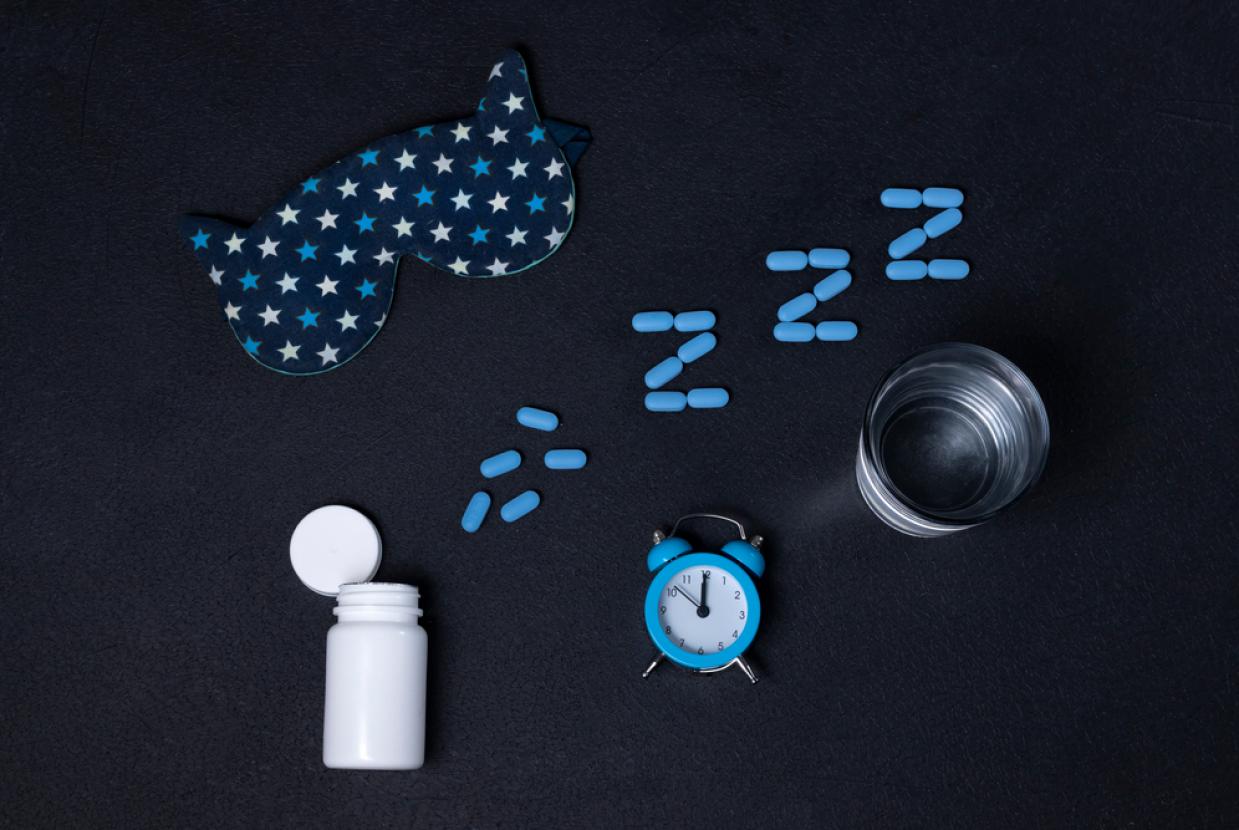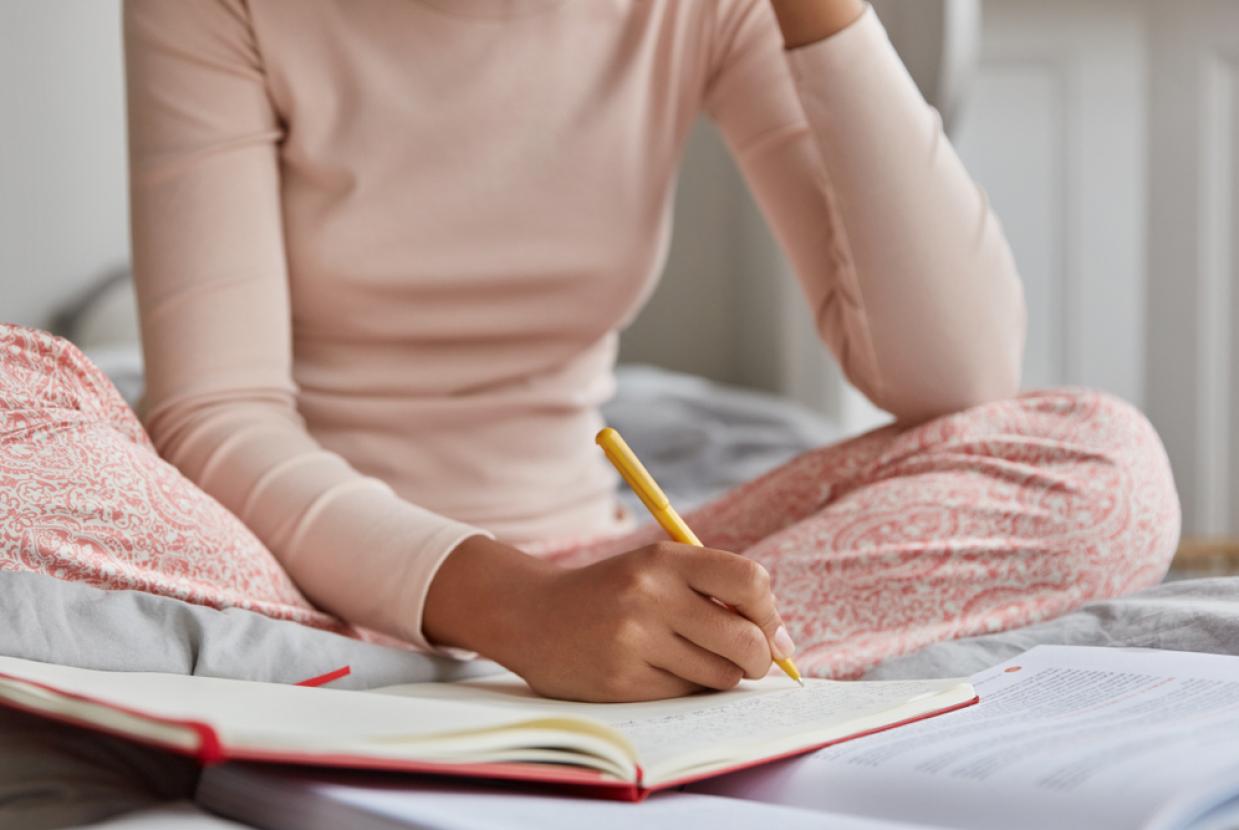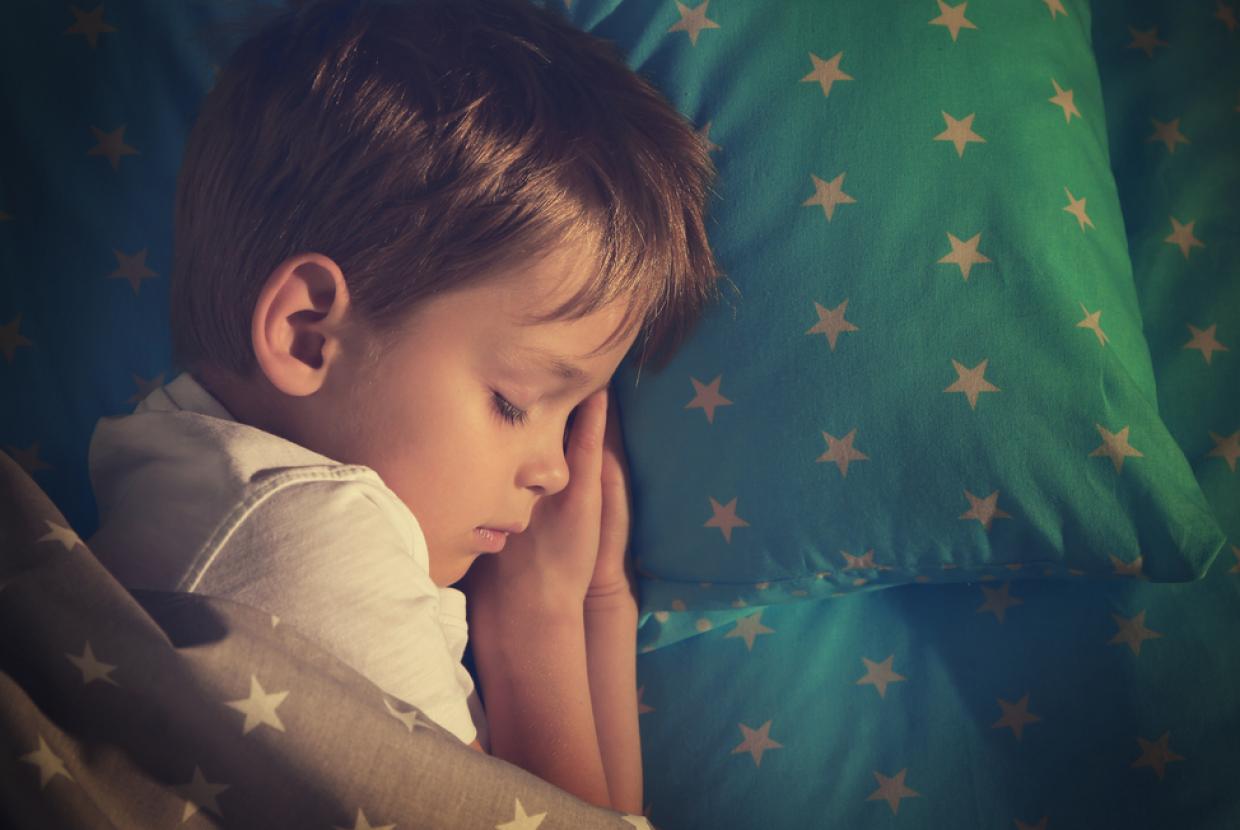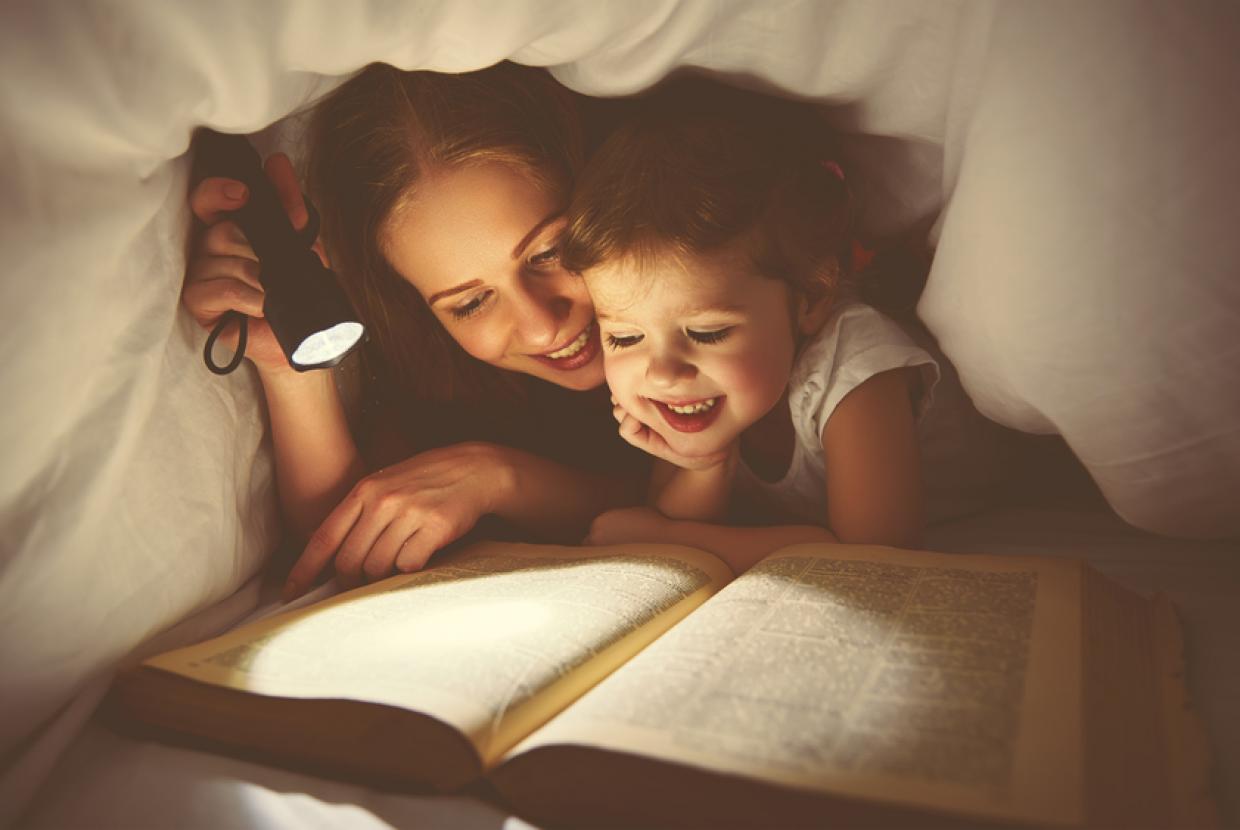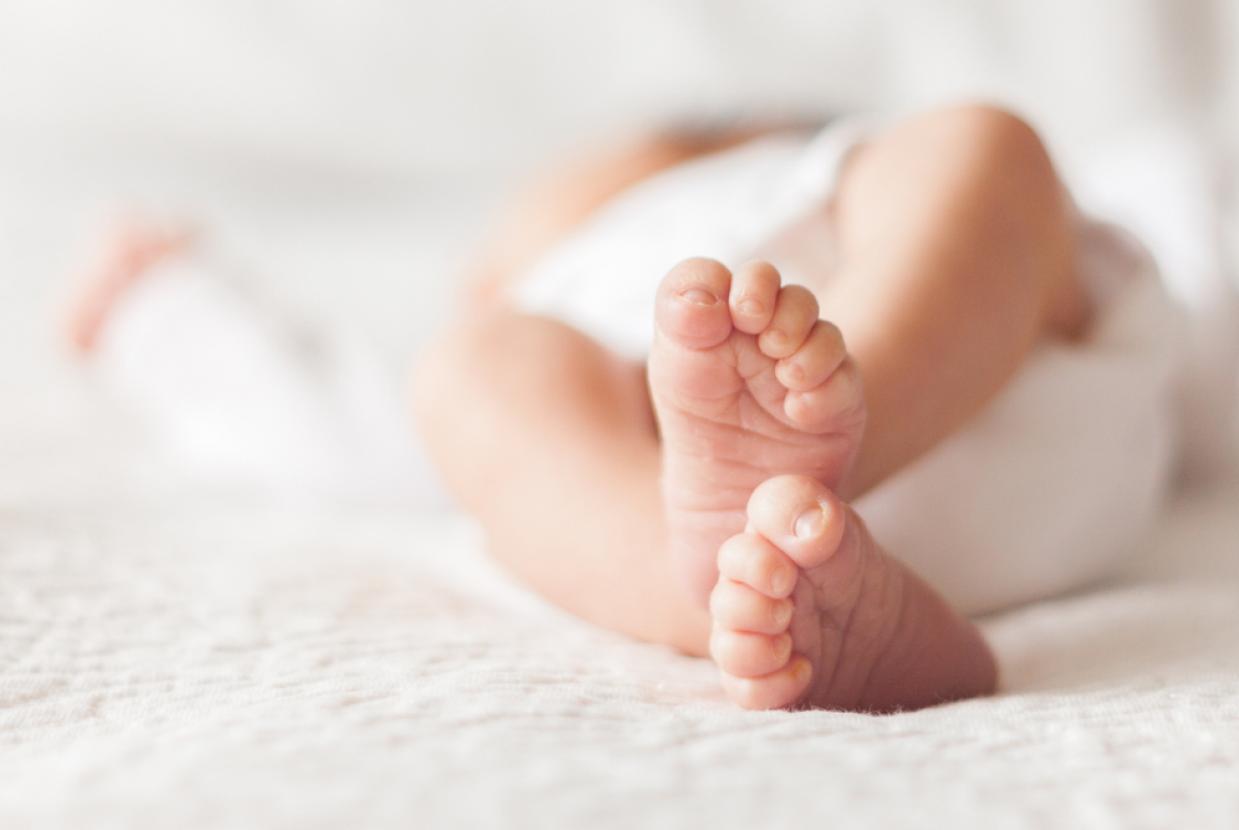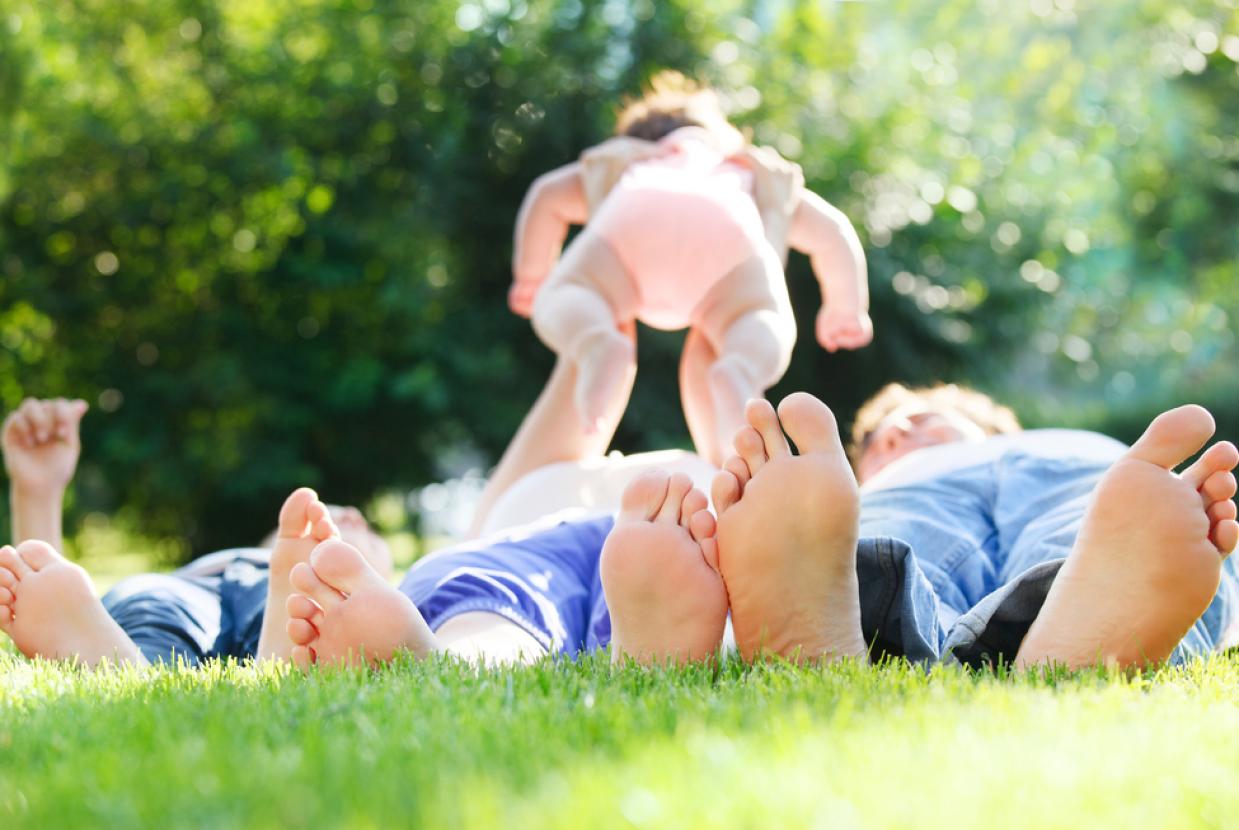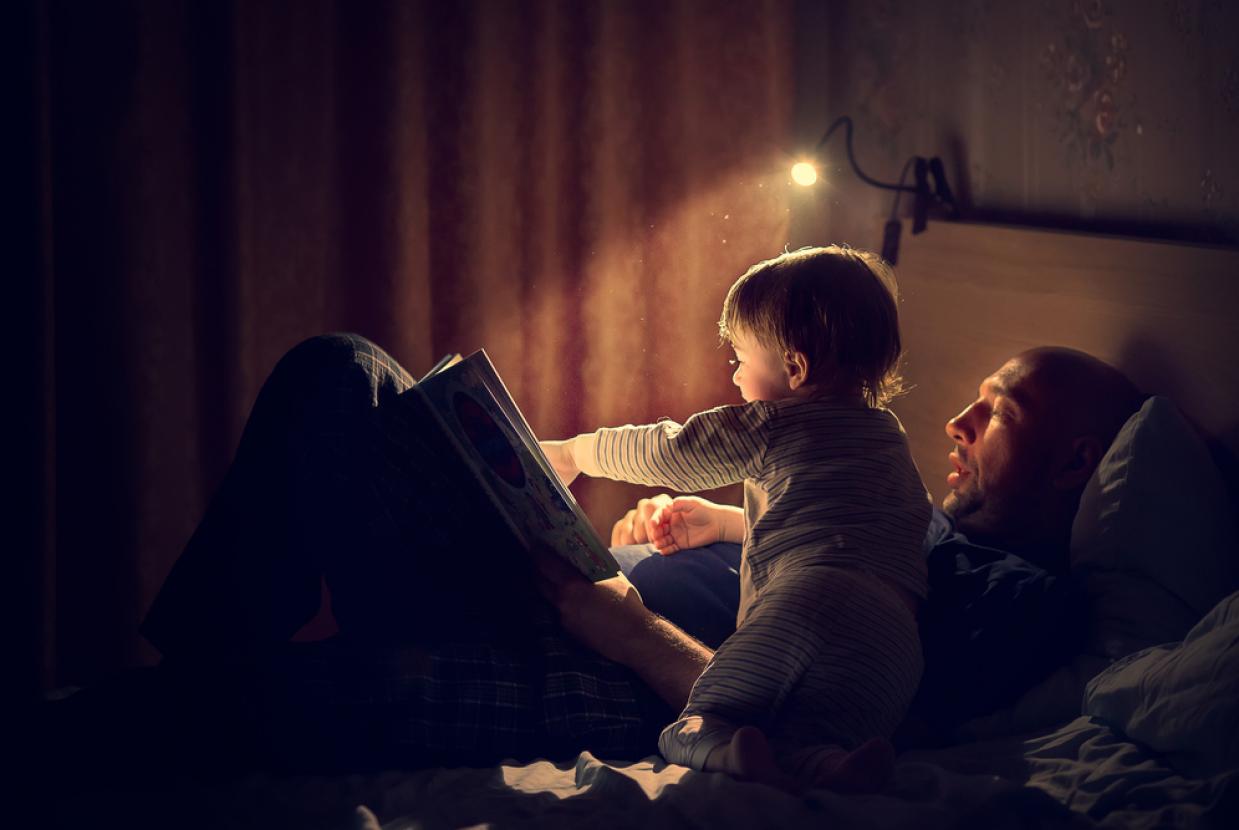Catching Zzzs While On Holiday
Sleeping BetterIt’s summertime and many of you will be packing for your jollies. While it’s good to get away and recharge, sleep can often be disrupted by the stress of holiday prep, unfamiliar environments, irregular bedtimes, change in diet and, the biggest culprit, jet lag! Even though some of us get better sleep when we’re in a different bed, many find it difficult to settle when it’s not their own.
So to make sure you make the most of your holiday and get the quality rest you deserve, follow our top tips below to get the best night’s sleep possible while you’re away.
Before you head off it’s important to plan ahead:
- Don’t leave the packing until the last minute. Start a week in advance and make a list, ticking off items as you pack them.
- Make reminder notes on when you need to buy travel insurance, change currency, book taxis, confirm reservations etc
- The night before a trip, make sure you try get a good night’s sleep by winding down properly, switching off gadgets and avoiding caffeine and alcohol.
Tips for getting a good night’s sleep when you are on holiday:
- You can’t take your bed with you but if it’s possible, take your pillow. Not only is it familiar but it may provide the right comfort and support, allowing you to get a better night’s sleep.
- Check the temperature. Many hotel rooms set temperature so make sure it suits you. The right temperature for sleep is between 16-18 degrees.
- If you think outside noise or light might bother you take some ear plugs and an eye mask.
- Make the bed a ‘sleep zone’ and don’t use it for anything else.
- When you return to your hotel room/caravan/tent etc, start your wind down routine as normal and spend at least 15 minutes relaxing.
- Try to keep to regular hours as much as possible especially if you have children.
- Lounging by the pool might be your idea of pure indulgence, but a 30 minute walk or swim in the pool every day will help you to sleep better.
If you’re travelling long haul, jet lag can leave you feeling tired, groggy and disorientated. There are also other symptoms such as upset stomach, headache and anxiety. Your sleep pattern is also out of sync so it’s important to get it back on track as soon as possible.
Here are some helpful tips for dealing with jet lag:
- The day before your flight, ensure you eat three balanced meals, including at least five servings of fruit or green vegetable and one of protein-rich food eg white fish or tofu.
- During the flight set your watch to the local time at your destination. Note what extraordinary time the airline feeds you and try to keep back a roll or biscuit to eat at “normal” mealtimes according to the time at your destination.
- Take an eye mask and ear plugs with you. Use the mask and your seat’s nightlight to reflect the time at your destination – wear the mask if it is night time where you are going; keep the light on and mask off if it is day time.
- Drink plenty of water throughout the flight to prevent dehydration and also to help mobilise your energy reserves for your arrival. Avoid alcohol.
- Take regular walks up and down the aisle. Try some simple stretching exercises in your seat – straighten your legs and point and flex your toes; or stretch your arms high above your head. Do both these exercises for one minute every two hours.
- When you arrive at your destination use your diet to help you control your wakefulness: high protein meals increase your alertness; high carbohydrate meals will make you feel more sleepy.
- Daylight can help reset your internal clock, so take an early morning walk when you wake up in your new destination and spend as much time as possible outdoors.


